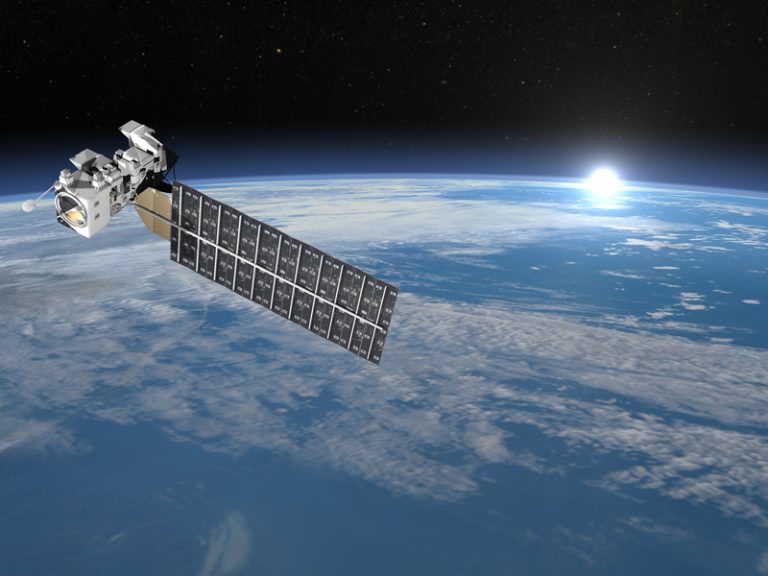First declared in 2011, the day marked the 50th anniversary of Yuri Gagarin’s flight aboard the Soviet Union’s Vostok 1, which completed the first Earth orbit. Since then, UN officials have used the day to encourage a continued tradition of peaceful space exploration.
Another important space anniversary on this date: April 12, 1981, marked the first launch of a reusable spacecraft, the Space Shuttle Columbia. Columbia remained in service for 22 years, completing 28 missions and spending 300 days in space before tragically exploding during reentry on February 1, 2003.
In the 62 years since Gagarin’s historic flight, technologies first engineered for space exploration have changed life here on Earth. Some of those breakthroughs are obvious, including live satellite television broadcasts – impossible before Telstar 1 was launched in July 1962 by a US, UK and French consortium – and automotive GPS navigator systems, also enabled by satellites.
Others, as documented by USA Today, are less well known:
- Technology originally designed for planetary rovers has been applied to the science of artificial limbs.
- Scratch-resistant plastics, first designed for astronaut helmets, make eyeglasses last longer.
- Insulin pumps developed from NASA research into how to monitor astronauts’ vital signs.
- Flame-retardant firefighting gear got its start as technology for space suits.
- Shock absorbers developed to protect equipment during Space Shuttle launches is now applied to bridges and buildings in earthquake-prone areas.
- Radial automotive tires last longer thanks to material developed by Goodyear for Viking Lander parachute shrouds.
- The cameras used on most mobile phones were originally designed to take photographs in space.
- The memory foam in your mattress? It was developed to cushion the effects of G-forces on astronauts’ bodies during takeoff.

